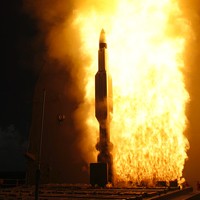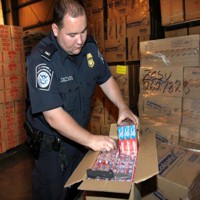
Earlier this month, the Brazilian navy successfully tested an indigenously designed and manufactured anti-ship missile. In an email interview, Dinshaw Mistry, an associate professor of political science at the University of Cincinnati, reviewed the state of the global missile industry. WPR: Which countries currently have an indigenous missile capability, and in what ranges, and which countries are currently seeking to develop this capability? Dinshaw Mistry: About a dozen countries currently build ballistic missiles with varying ranges. The United States, Russia, France and China have built long-range missiles that serve as nuclear weapon delivery systems. China, Israel, India and Pakistan have […]


